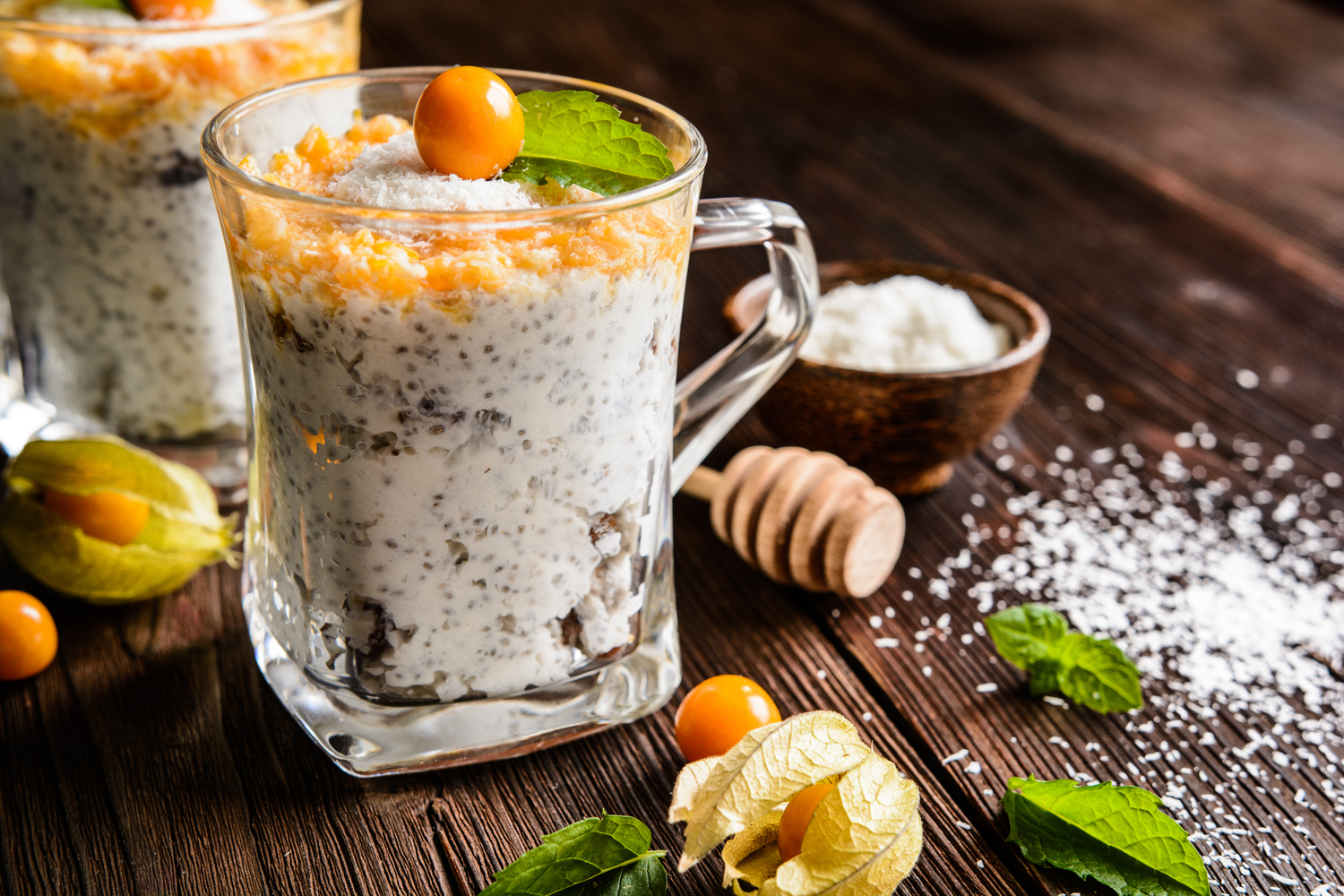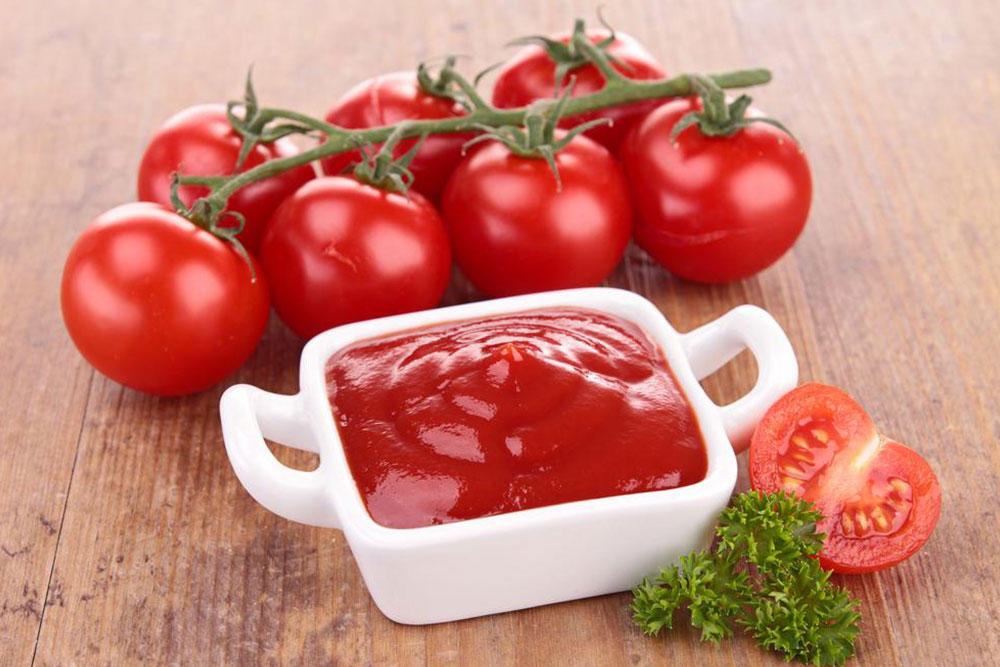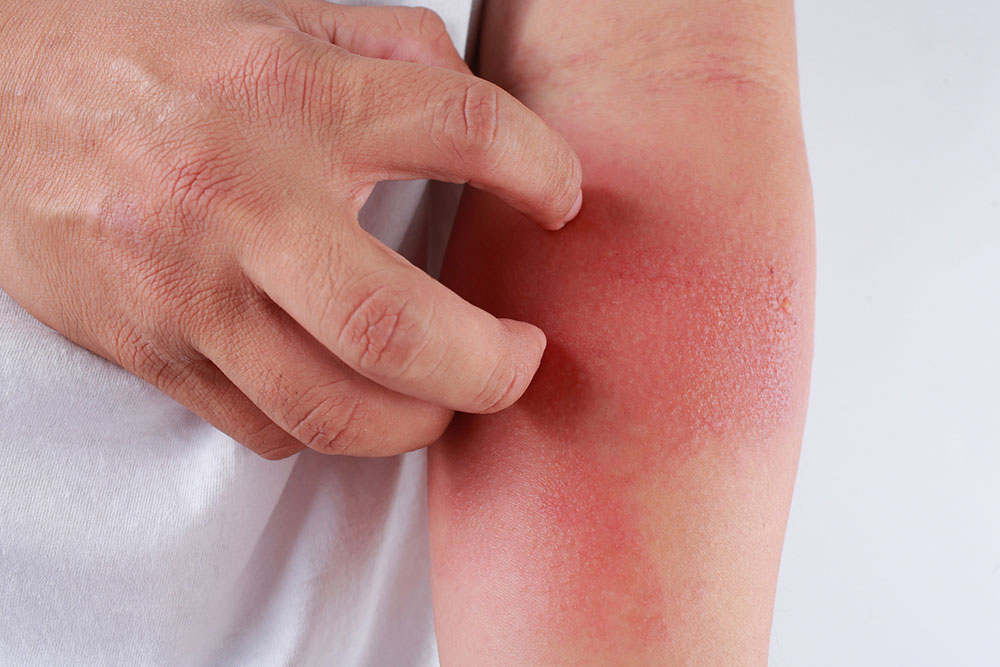Diet Tips: Foods to Embrace and Avoid for Eczema Management
Discover effective dietary strategies for eczema management by incorporating anti-inflammatory foods like quercetin-rich produce, probiotics, and omega-3 fatty fish while avoiding common triggers including dairy, eggs, citrus, and gluten. Tailor your diet through an elimination process to identify personal sensitivities, helping reduce flare-ups and improve skin health. Consult with your healthcare provider for personalized guidance and ensure balanced nutrition for overall well-being.
Sponsored

Dietary Guidance for Managing Eczema
Managing eczema effectively involves mindful dietary choices, as certain foods can trigger flare-ups while others help reduce inflammation. With approximately 31.6 million individuals affected nationwide—about 10.1% of the population—understanding which foods to include or avoid is crucial. Eczema manifests as inflamed, itchy, red, cracked, and sometimes blistered skin, worsened by environmental factors like pollen or smoke and food sensitivities.
Because diet plays a significant role in eczema outbreaks, tailoring an eczema-friendly nutrition plan is essential. Here's a guide on foods that may alleviate symptoms versus those that could trigger exacerbations.
Foods To Incorporate
Focus on anti-inflammatory options to help manage eczema. The following foods are recommended:
Quercetin-rich produce: This plant compound, found in colorful fruits, vegetables, and flowers, serves as a natural antihistamine and antioxidant. Including apples, blueberries, spinach, broccoli, cherries, and kale in your diet can help reduce flare-ups.
Probiotic-rich foods: These contain beneficial live cultures that strengthen your immune defenses and may lessen allergic reactions. Add yogurt, kefir, miso, sourdough bread, unpasteurized sauerkraut, tempeh, and fermented pickles for better eczema control.
Fatty fish: Rich in omega-3 fatty acids—such as salmon and herring—these fishes possess anti-inflammatory properties that can ease eczema symptoms. Fish oil supplements are also beneficial.
Foods to Steer Clear Of
Some foods may worsen eczema symptoms, often appearing within 6 to 24 hours after consumption. Since sensitivities vary individually, an elimination diet—carefully removing suspected triggers—is recommended to identify personal triggers. Common offenders include:
Dairy products
Eggs
Citrus fruits
Soy
Wheat or gluten
Spices like cinnamon, cloves, vanilla
Tomatoes
Nuts
Gradually reintroduce these foods one at a time over several weeks to observe reactions. If symptoms worsen upon reintroduction, eliminate that food permanently. If no change, the food is unlikely to be a trigger. For dyshidrotic eczema affecting hands and feet, avoid nickel-rich foods such as canned meats, chocolate, beans, black tea, lentils, peas, soybeans, seeds, and shellfish. Always consult your healthcare provider before modifying your diet.






